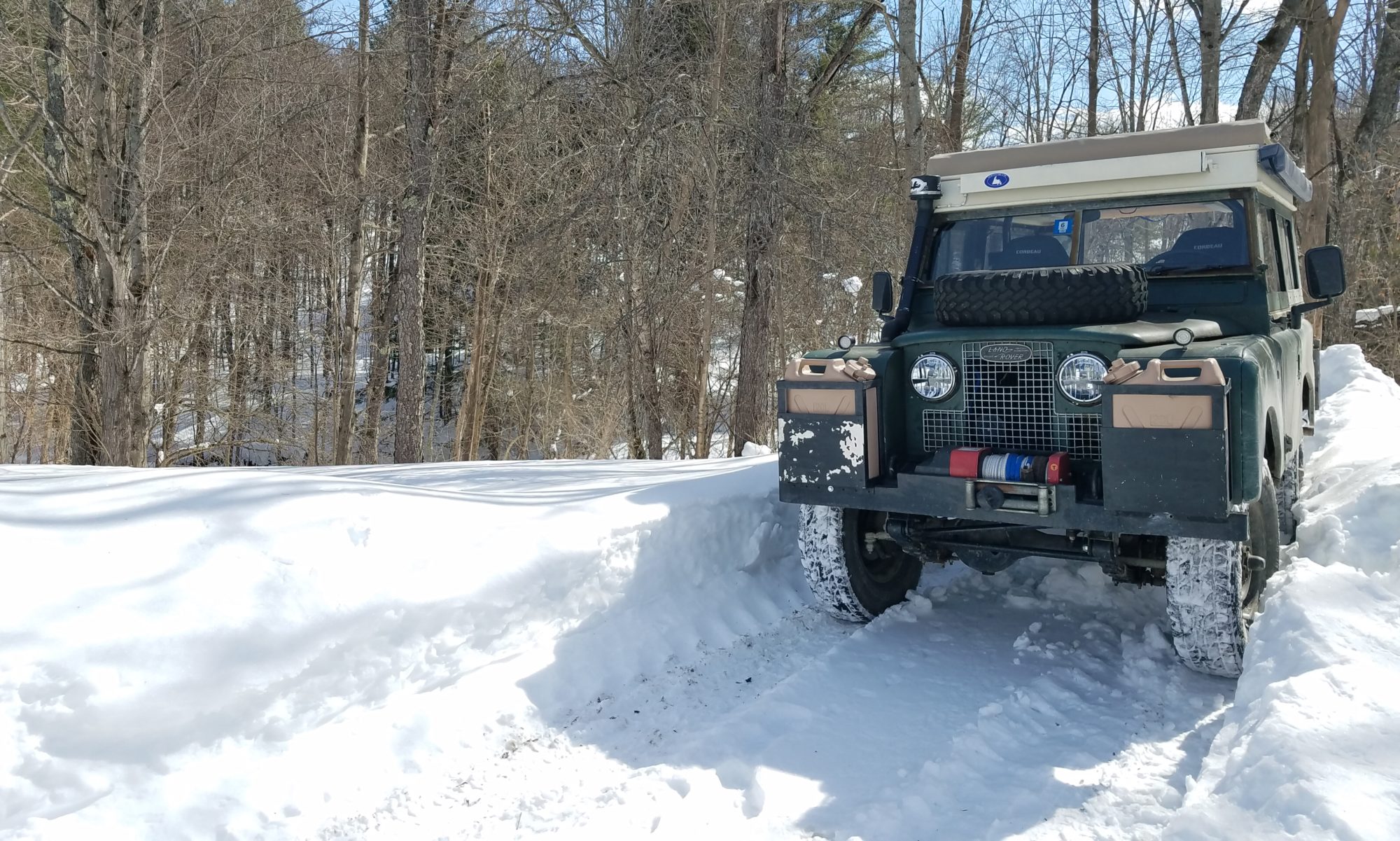We have been in search of rock art this past week. Standing next to, and in some cases being able to very gently touch these markings left on rocks, either chiseled pictographs or painted petroglyphs, made us feel connected to their creators. We actually stood where they stood, saw the same landscape and perhaps even peed in the same place! Wow!!!
Most of the art we can only guess at its meaning or importance to these ancient peoples. Since we are traveling, we decided to interpret them as way signs for other travelers, good hunting, bad water, many snakes, etc.
A shared common language or travelers code used for thousands of years.
In Newfoundland we encountered Inukshuk, Inuit rock statues that sometimes resemble men, designed to show the way ahead across barren landscapes that can be ravaged by wind, rain and snow.
The Underground railroad used signs to show safety and danger such as quilts, lamps, songs, and secret knocks.
Hobos during the depression had a secret code they carved onto bridges, barns and even houses that let others know if an area was safe, a house was likely to give you a meal, or where a campsite was.
We have even noticed messages along our way that seem to be from one transient to another telling of a safe camping spot.
Today, we travelers leave our mark for other travelers electronically on iOverlander, an app that allows overlanders to share information, like campsites, drinking water and laundromats, with other travelers.
Perhaps things haven’t changed as much over the years as we think.











